Interview
An interview with Mark McKenna
by Australian Book Review •
Mark McKenna’s most recent book is Return to Uluru (Black Inc., 2021).
If you could go anywhere tomorrow, where would it be, and why?
Suakin, the former Ottoman trading port on the Red Sea coast of Sudan. I spent time there in the early 1980s and I’m planning to write about it in the near future.
Continue reading for only $10 per month. Subscribe and gain full access to Australian Book Review. Already a subscriber? Sign in. If you need assistance, feel free to contact us.


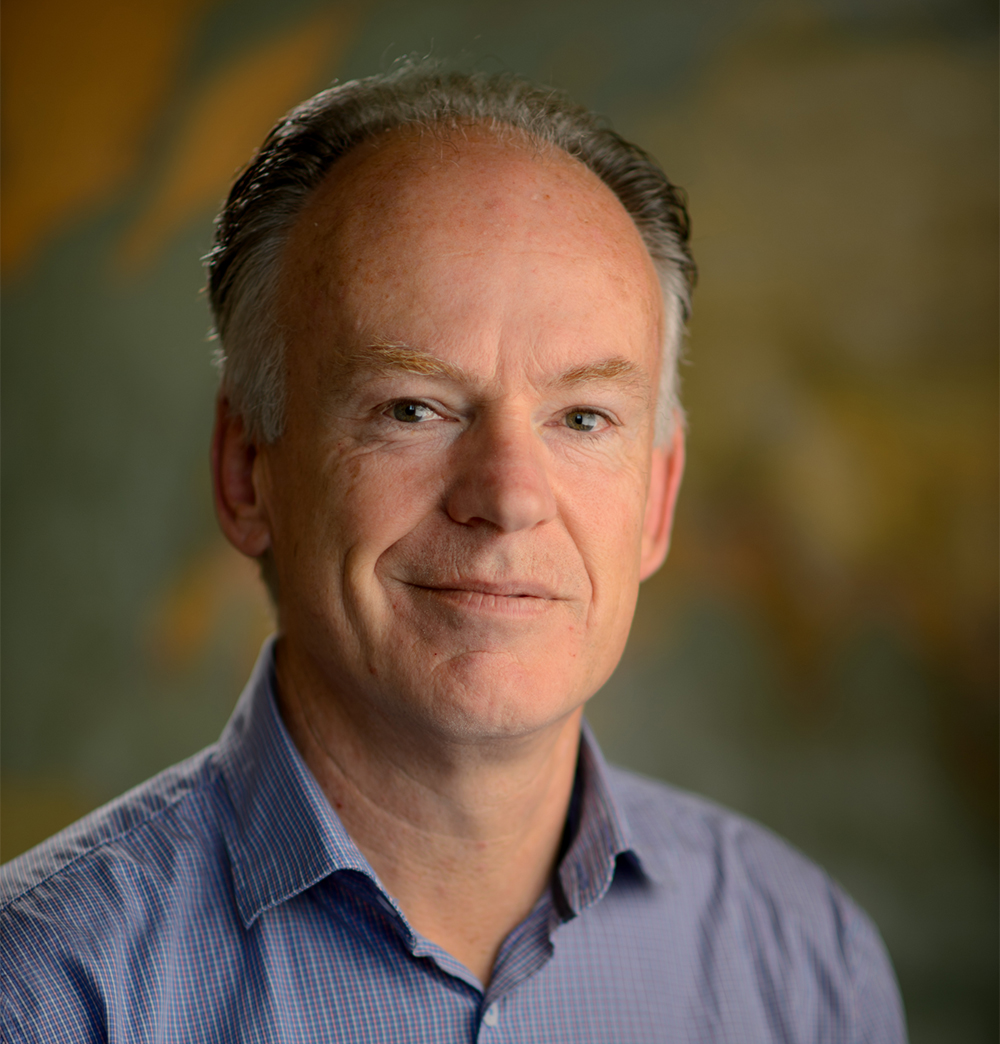
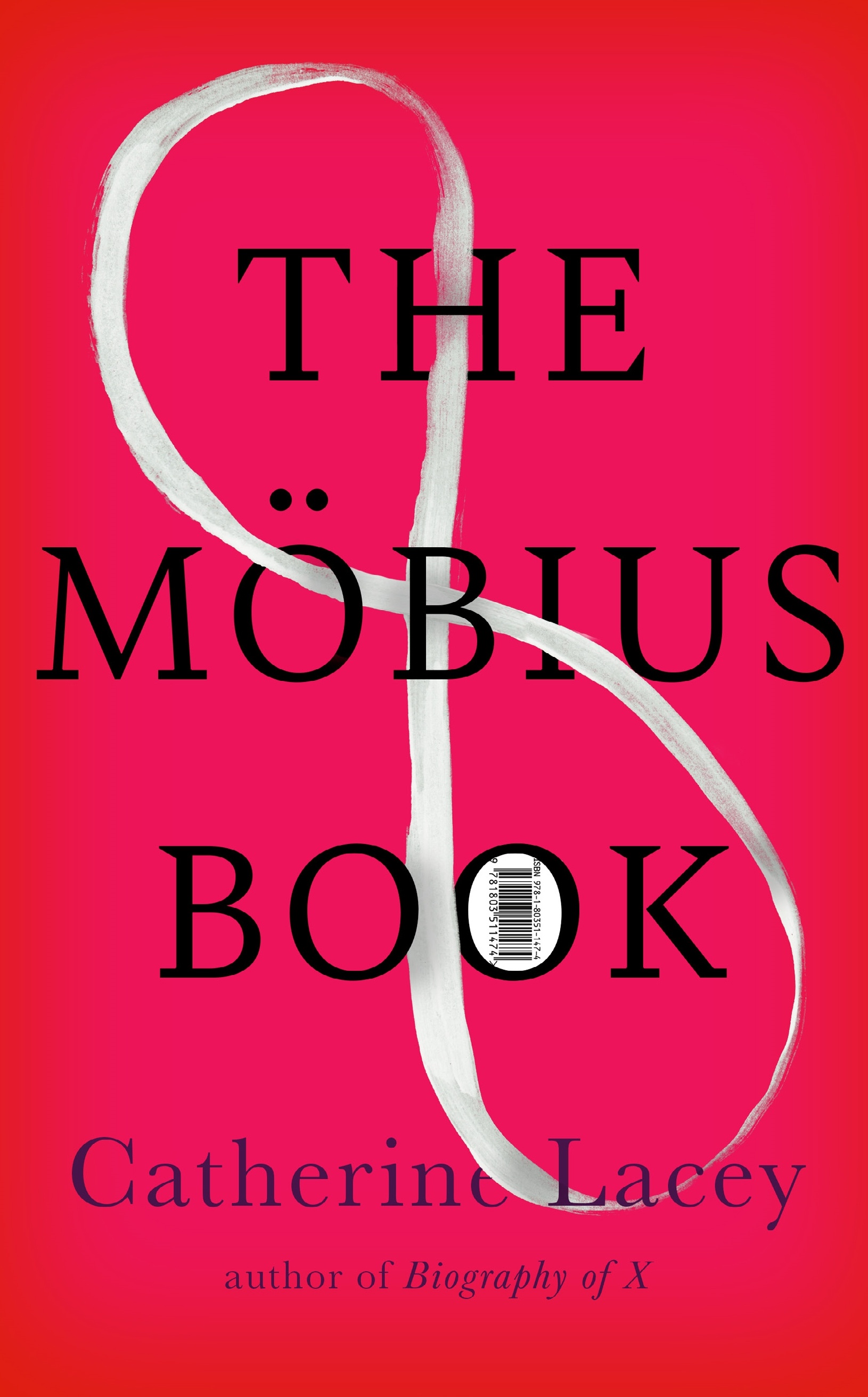

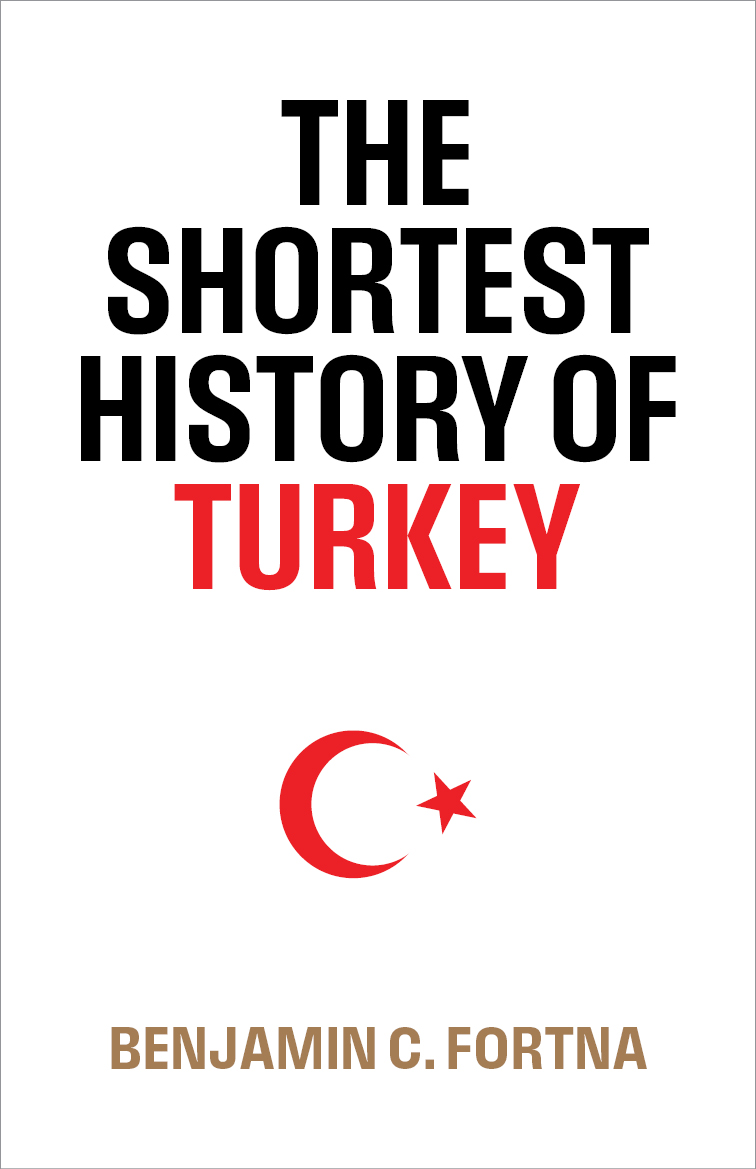
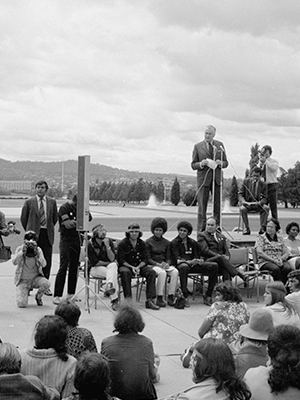

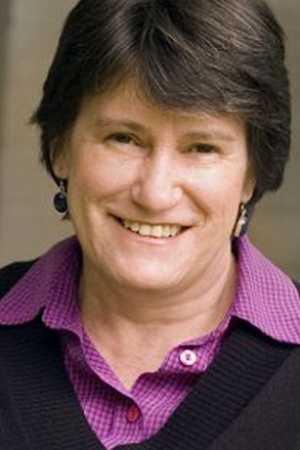

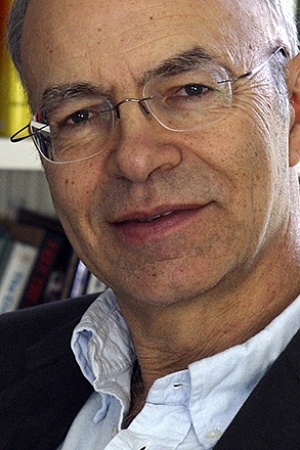
Leave a comment
If you are an ABR subscriber, you will need to sign in to post a comment.
If you have forgotten your sign in details, or if you receive an error message when trying to submit your comment, please email your comment (and the name of the article to which it relates) to ABR Comments. We will review your comment and, subject to approval, we will post it under your name.
Please note that all comments must be approved by ABR and comply with our Terms & Conditions.